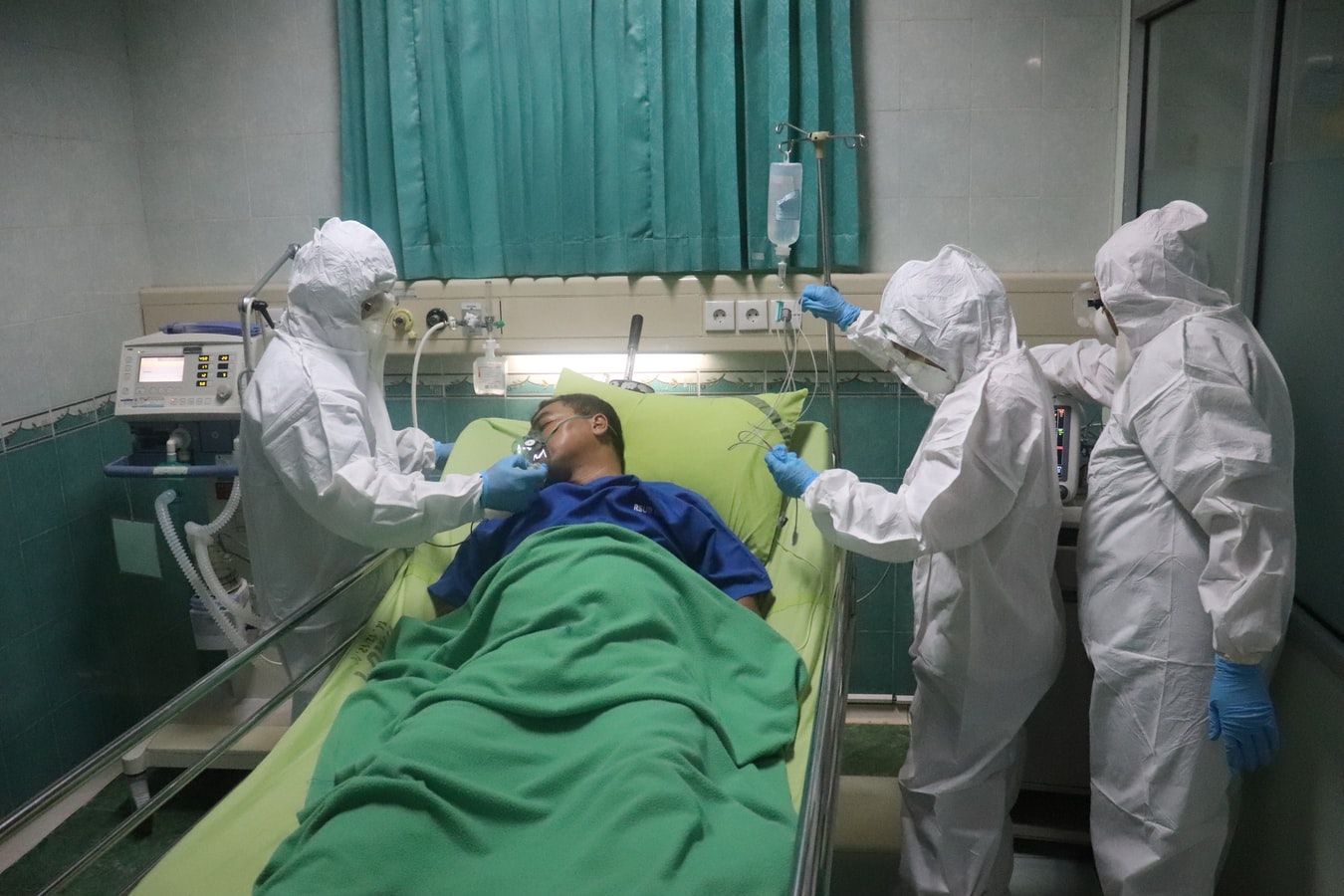Article
COVID-19 and Hematological Diseases Linked to High Mortality Rate
Author(s):
Patients with acute myeloid leukemia or myelodysplastic syndromes are at especially increased risk for increased disease severity and death.

A study presented at the American Society of Hematology (ASH) 2020 Virtual Meeting reported that SARS-CoV-2 infection leads to increased disease severity and mortality rates in patients with hematological disorders, especially in those with acute myeloid leukemia (AML) or myelodysplastic syndromes (MDS), and active/progression status disease.
The results also indicated various risk factors—such as advanced age, co-morbidities, poor performance status, low lymphocyte and platelet counts, and high LDH and CRP at admission—were associated with poorer survival prognosis.
A team led by Cristina De Ramón, Hospital Universitario de Salamanca, Spain, conducted a multicenter retrospective study that included data from 19 Spanish centers. They evaluated the impact of hematological disease, related therapies, and clinical and biological risk factors on coronavirus disease 2019 (COVID-19) severity.
“There is evidence suggesting that hematological patients are particularly vulnerable and have a higher risk of developing severe events, with higher mortality rate than general population,” the team wrote. “However, the available data are limited, and prognostic factors at admission still remain unclear.”
Therefore, they assessed a total of 491 patients with hematological conditions who developed COVID-19 between March 8th and June 9th. The mean age was 71 years old, with 57% of the population being male and 70% having at least 1 associated comorbidity.
De Ramón and colleagues looked at clinical and biological data that was collected at the time of emergency room assistance or hospital admissions.
A chi-square test and Mann-Whitney U-test were then used to identify difference between groups. Logistic binary regression was used for assessing the effects of various predictor variable on COVID-19 outcomes.
They noted that 94.3% of patients had confirmed cases of COVID-19 according to nasopharyngeal swab or serologic testing. Of this amount, 15% were nosocomial infections.
“The most frequent hematological diseases among COVID-19 patients were Lymphoid Malignancies (53.8%), and 51.7% of patients were on active treatment,” the investigators wrote. “Most common symptoms were fever (59%), cough (54%) and dyspnea (46%), with associated pneumonia in 70% of cases.”
Mortality Rates, Characteristics Among Infected Patients
The reported mortality rate was about 36%—those that did not survive tended to be older and have a higher Charlson comorbidity index and ECOG performance status.
Among patients with AML and MDS (n = 96), 46.9% did not survive.
The morality rate for other hematological neoplasms (n = 356), was 33.4%. For other hemopathies (n = 39), 30.8% did not survive.
Furthermore, the mortality among patients with active or progressive disease (n = 101) was 49.5%— compared with 37.2% and 20.8% in patients with partial response/Stable disease (n = 188) and complete response (n = 154), respectively.
“Other factors such as low lymphocyte and platelets counts, or high lactate dehydrogenase (LDH), C-reactive protein (CRP) and procalcitonin values were also associated with poorer outcomes,” the team noted.
However, better COVID-19 outcomes were reported in patients who had undergone hematopoietic stem cell transplantation.
And finally, only corticosteroids negatively correlated with COVID-19 survival (P <.001). The investigators indicated this may be due to the use of such treatment for more severe disease.
According to the multivariate regression analysis, risk factors associated with death included age >70 years, ECOG ≥2, absolute lymphocyte count ≤0.6·109/L, platelet count ≤40·109/L, high LDH, and CRP >11 mg/dL.
“This worse disease evolution could be explained by the immunosuppression state induced by underlying disease and treatments received,” De Ramón and colleagues explained.
They acknowledged that these particular features should be taken into account for a population that has increased risk to COVID-19 due to regular hospital visits.
The study, “Impact of Sars-CoV2 Infection on 491 Hematological Patients: The Ecovidehe Multicenter Study,” was presented at ASH 2020.




